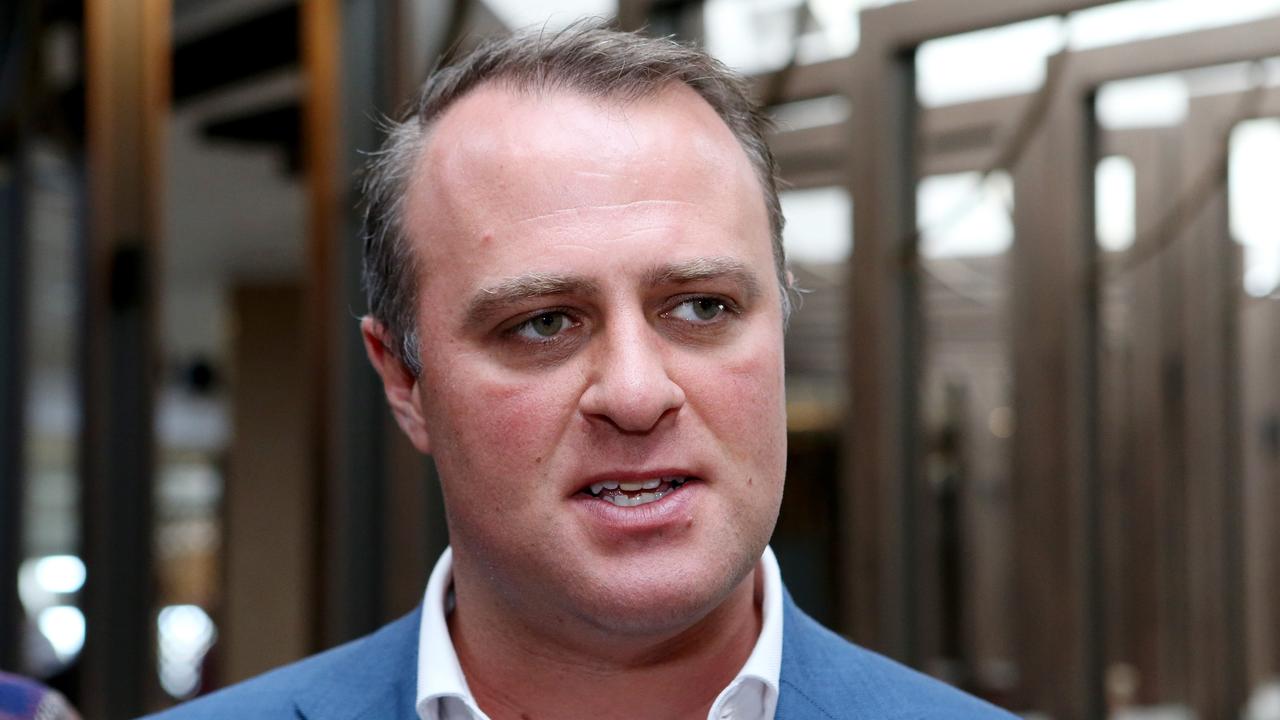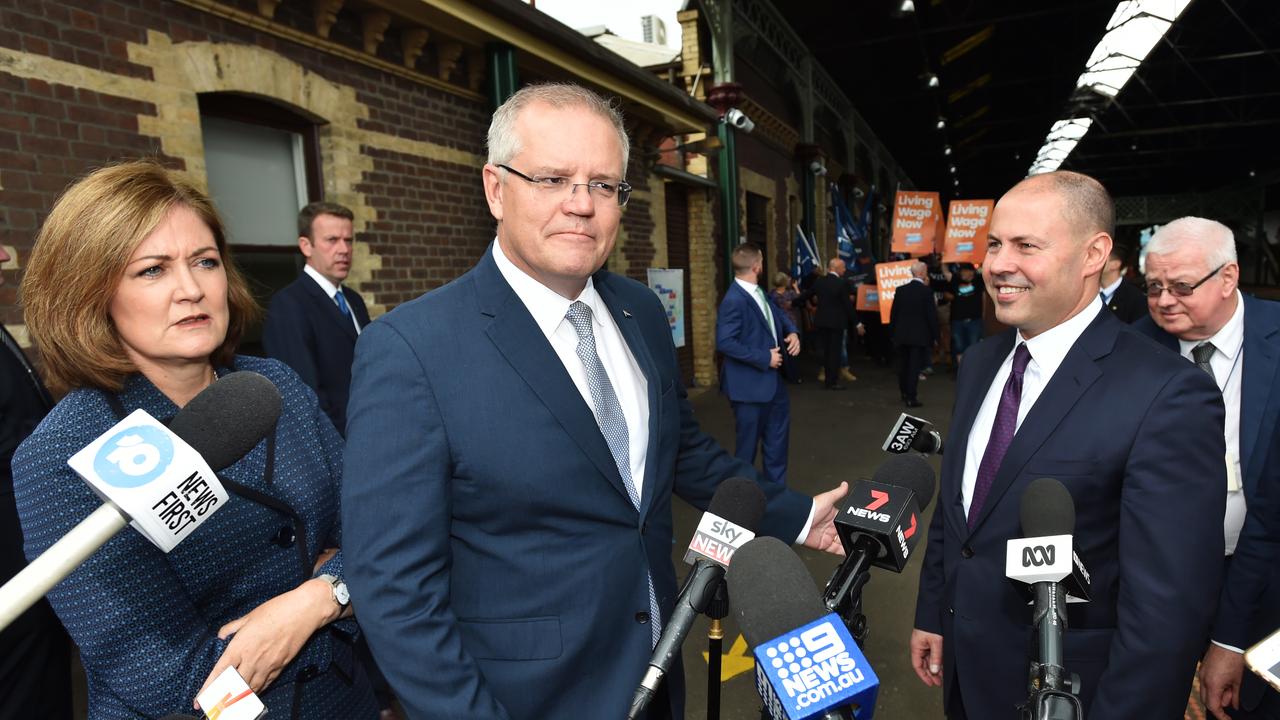Inquiry would hurt small investors, say super fund trustees
The SMSF sector has urged the Turnbull government not to bow to opposition pressure on a banking royal commission.
Australia’s $570 billion self-managed super fund sector has urged the Turnbull government not to bow to opposition pressure on a banking royal commission as concerns rise over the potential blow to small investors.
The nation’s one million SMSF trustees are particularly exposed to the banking-heavy local sharemarket and rely on dividends to generate income in the face of ultra-low interest rates eroding returns from other investments. The prospect of a royal commission recommending further regulation or banks being forced to break up some operations, could act as a brake on the sector’s earnings momentum.
Howard Coleman, a co-founder of advisers Teaminvest, said the spotlight of a royal commission could shift banks’ attention away from the drive to lend and grow the economy, with shareholders — SMSF investors and all Australians with super funds — likely to be worse off. “The more we focus the banks on a royal commission, the less effectively they’ll run their business.”
Mr Coleman added the push from the opposition was another sign of “bashing” the nation’s most successful companies, with major supermarkets recently on the end of a similar battering.
The comments followed a further furious debate in parliament yesterday, with Labor demanding a royal commission, which the Coalition argues will offer no benefits to any victims. However, it has bulked up regulators, including ASIC, and this week gave Small Business Ombudsman Kate Carnell “royal commission powers”. A survey of readers by newsletter Cuffelinks found 70 per cent opposed the Labor push.
SMSF fund owners have been pressed to chase high-yield stocks in the depressed rate environment and for many that means the banks, which currently dish out tax-adjusted dividend yields around 5 per cent. The average SMSF portfolio has around one-third of its assets directed to Australian shares, with the sector estimated to have $75bn allocated to bank stocks.
Support will likely remain strong in the near-term as yields are expected to remain significantly higher than bank interest, but the counter is the persistent pressure on share prices this year, with the big four slumping between 3 per cent and 16 per cent since January. The laggard has been Commonwealth Bank, which has more than 800,000 Australian households as investors and pays out more than $4bn in dividends annually.







To join the conversation, please log in. Don't have an account? Register
Join the conversation, you are commenting as Logout